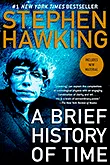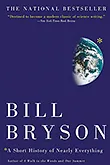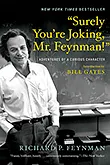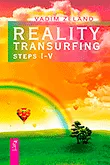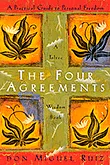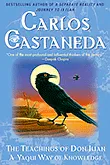Embark on a spiritual journey across various beliefs and traditions with our collection of the best religion books of all time.
The God Delusion
One of the most provocative books in which Richard Dawkins argues with the existence of a supernatural Creator. He views religious faith through a prism of rational and scientific: so, therefore, faith in God would mean not only irrational but even potentially harmful social behavior. He is engaged with the roots of religion, its effect on the history of man, and the part science plays in trying to understand the universe. He appeals to his reader to be positively skeptical and evidence based in the way he or she views the world about him or her. This book challenges deeply held beliefs and invites readers to question the nature of faith and the existence of God.God Is Not Great
In an insightful work, Christopher Hitchens sets up the role of religion within society. He writes that religion is not only unnecessary but harmful also, and refers to the evidence of history and modernity. The book criticizes major religions and their influence on the world in education, politics, and science. It suggests that what the world needs instead is a world steered by reason and humanistic values. The book thus opens the readers to introspect on their beliefs and what impact religion wields on human development.Why I Am Not a Christian
In this provocative work, the author argues one of the best cases against Christianity and theism. Through a series of essays, he explores the reason for his disbelief, ranging from no empirical evidence, the problem of evil, and even the oppressive nature of religious dogma. This book pushes readers to consider their own beliefs, as well as society's constructs concerning religion. It is a strong invitation to reason and emancipation in the struggle with traditional faith.A History of God
This book deals with the development of the conception of God in the principal monotheistic religions: Judaism, Christianity, and Islam. It follows how the conception of God has been changed in the course of several thousand years under the influence of historical events and philosophical concepts and the needs of the religious people. Based on the source, the author further elaborates on religious beliefs and practices, a rather complex relationship between man and the divine. In the process, readers are taken on this journey in understanding how people have perceived and related to the concept of God over history in very different ways.The Varieties Of Religious Experience
Recommended by: Mark ZuckerbergThis book is about how people's experience of religion can be varied and reflects the human experience, showing how individual spiritual experiences rather than institutional religious practice shape faith and understandings about divinity. In a series of lectures, he goes through the mystical, conversion and the sick soul to hint that these individual experiences lie at the center of true religion. The book really makes the reader contemplate how very often personal spiritual experiences have a huge influence on religious history in general.Why Religion?
The book is an exploration of the author's personal journey through tragedy and the intertwining of that story with her professional study of religion. It explores what causes people to continue to find solace and meaning in religious beliefs despite huge advancements in science. This account bridges personal experience and scholarly insight, hence presenting an outlook into the continuing role of religion in human life. Through the story, the author invites a reader to get into the complexities of faith, doubt, and the human search for understanding in the face of life's challenges.36 Arguments for the Existence of God
Recommended by: Steven PinkerA novel of ideas which traces the life road of the psychologist Cass Seltzer, who has grown famous thanks to his book which has advocated that there is no God, using thirty-six diverse arguments. Facing his newly acquired celebrity status, Cass reflects on his relationships and the intellectual struggles he has to deal with. The novel touches some themes of faith, science, and human relationships that can become very complex. All these are done through the engaging characters and witty dialogue of the novel as they expound the questions of depth in existence and faith, probably even challenging readers to think of their own opinion about God and the universe.Mere Christianity
This is a deep exploration of Christian faith distilled from a series of radio talks made during the Second World War. It starts from a common moral ground in which humanity is bound, arguing that this is evidence to the existence of God. The author then proceeds to talk about the Christian doctrine: nature of God, sin, and redemption that was offered through Jesus Christ. It is both an apologetic and a defense so as to present the religion, Christian, more clearly and to provoke interest towards a deeper understanding and commitment on it. It is readable by believers and non-believers; brings to light insightful perspectives about the essence of Christian teachings.The Myth of Religious Violence
In this challenging work, the author addresses the question of whether religion is inherently violent. He argues that claims of religion being one of the fundamental reasons behind violent conflicts are actually serving political needs of legitimizing some forms of violence while delegitimizing others. The book explores the term "religious violence" in modernity that legitimates state violence and seeks to marginalize certain beliefs through examining in detail historical and modern cases. It is an invitation to the reader to think again, more critically, about narratives that relate to religion and violence, really digging deeper into the meaning behind the words.The Religious Test
The author of this thought-provoking exploration directly confronts the complicated relationship of religion and politics in America. He argues that, though religious beliefs are not a disqualification for a person who seeks a public office, those beliefs come under scrutiny when those beliefs control policy decisions. The book builds a compelling case of how to maintain a delicate balance between religious freedom and at the same time protecting the secular nature of government, through historical examples, even up to the context of current events. The book challenges the readers on how much religion should closely intertwine itself with the body politic of a democratic society.
List of top rated Religion books everyone should read. Best sellers only!
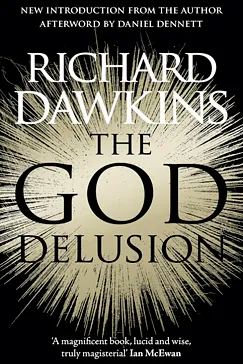

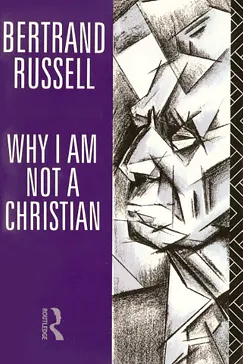


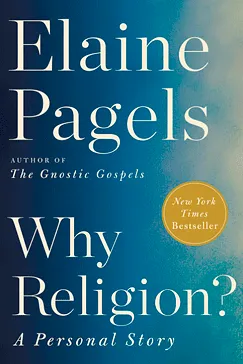
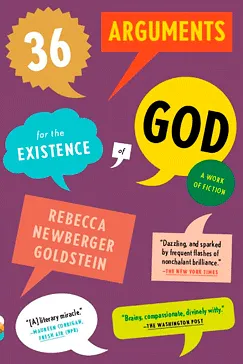
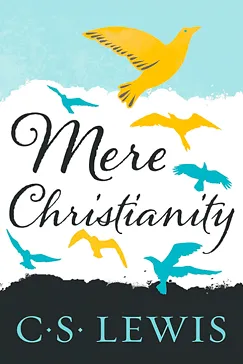
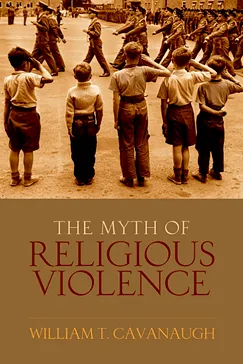

![Good [node:title] books to read](/sites/default/files/styles/series_cover_image/public/2024-04/atheism-prev-2.png.webp?itok=4FMi-zxy)

![Best [node:title] books of all time](/sites/default/files/styles/series_cover_image/public/2024-04/atheism-prev-1.png.webp?itok=x6yxAotZ)
